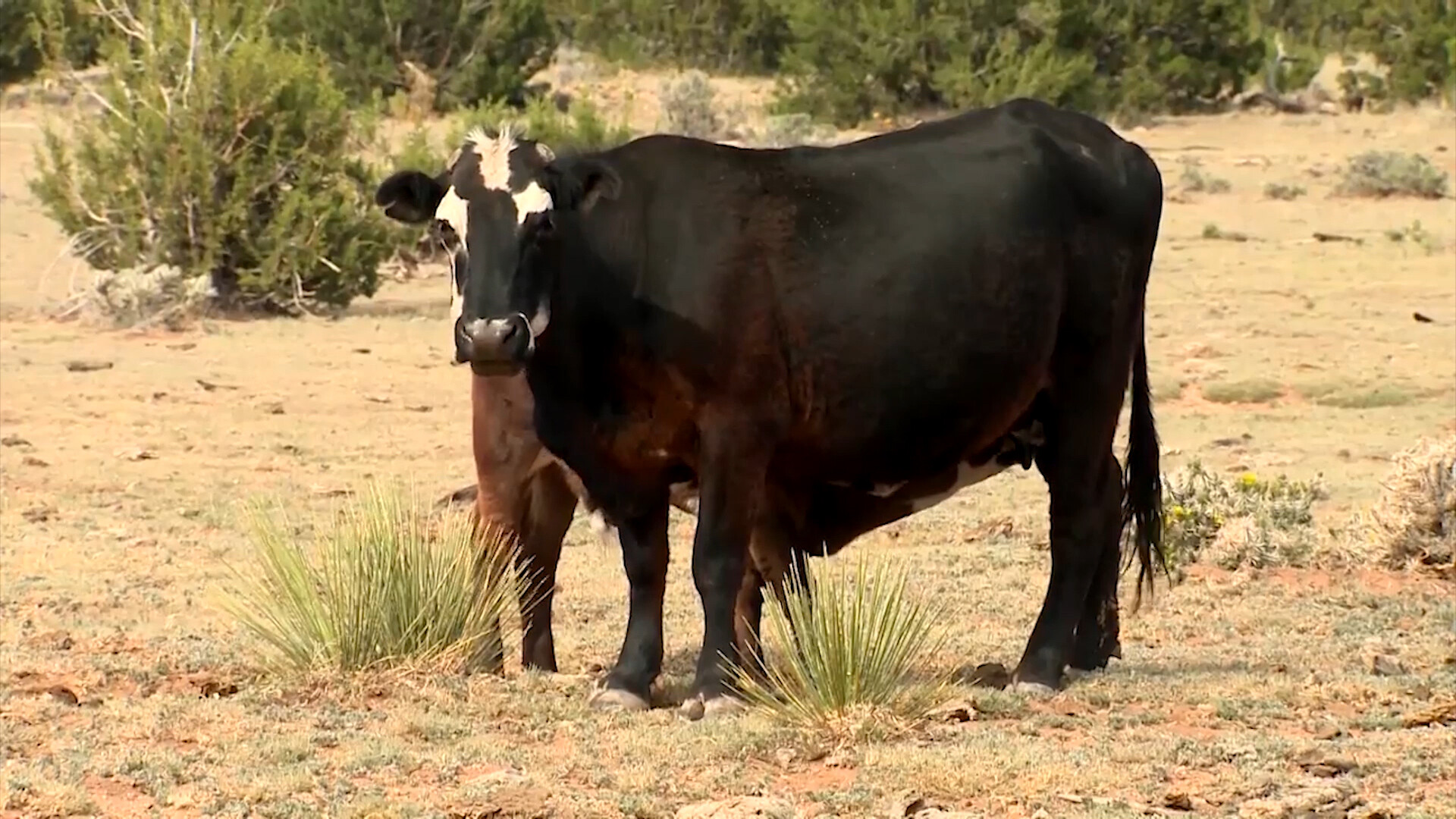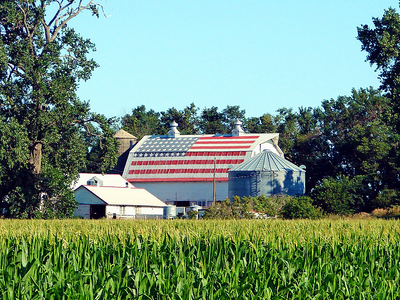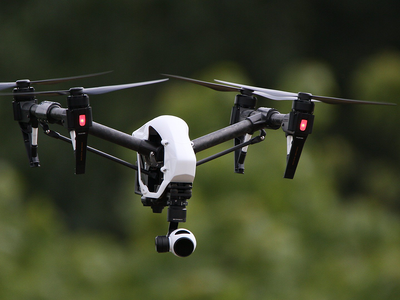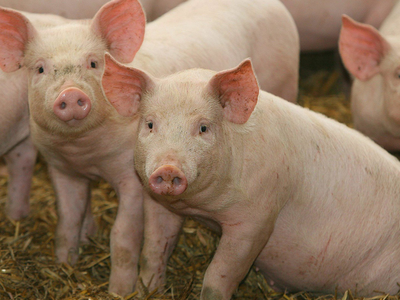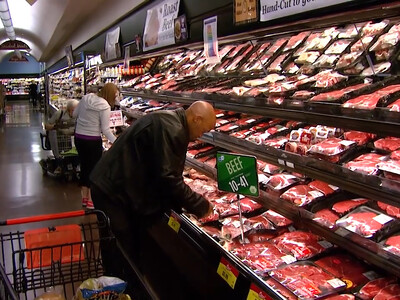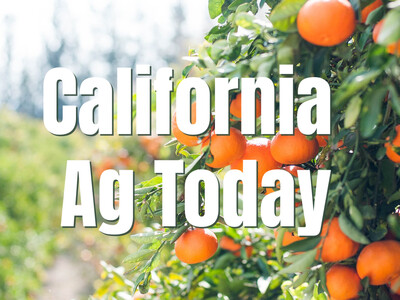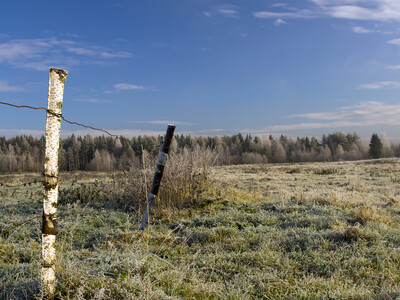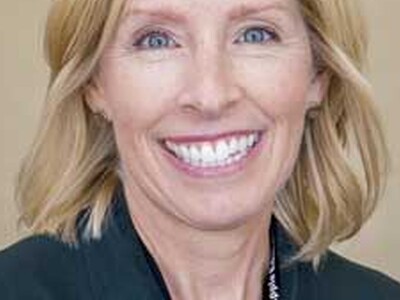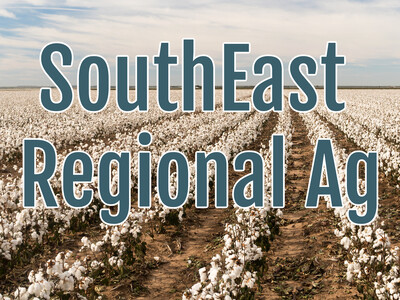New Bipartisan Legislation Would Improve and Expedite Aid to Livestock Producers
U.S. Sens. John Thune (R-S.D.) and Ben Ray Luján (D-N.M.), members of the Senate Committee on Agriculture, Nutrition, and Forestry, recently introduced the Livestock Disaster Assistance Improvement Act, bipartisan legislation that would improve the effectiveness and timeliness of multiple U.S. Department of Agriculture (USDA) programs that assist farmers and ranchers in the aftermath of adverse weather events. The legislation would also provide USDA with direction to help improve the accuracy of the U.S. Drought Monitor (USDM), which triggers certain disaster programs.
“South Dakota farmers and ranchers are all too familiar with working through extreme weather conditions, especially drought,” said Thune. “These common-sense updates to disaster programs would help provide greater and expedited assistance to farmers and ranchers when they need it the most. Our proposal would also make the Drought Monitor a more effective tool and help ensure USDA programs are using accurate and consistent data in administering programs that are designed to help the agriculture community.”
“Drought, wildfires, and extreme weather in New Mexico have impacted farmers and ranchers for generations – hurting their ability to raise livestock, grow crops, and make ends meet. I’m proud to introduce this bipartisan legislation to better meet the needs of our farmers and ranchers who power our communities,” said Luján. “This legislation will make USDA programs more responsive for New Mexico producers in need of disaster relief.”
Thune plans to continue introducing agriculture-related proposals like this one in advance of the current farm bill’s expiration in September 2023. Thune, who has helped write four farm bills during his time in Congress, believes these common-sense changes would greatly improve the effectiveness of the farm bill safety net for livestock producers.
The legislation would make the following reforms:
Emergency Conservation Program (ECP) and Emergency Forest Restoration Program (EFRP):
Clarify that state and federal grazing permit holders are eligible for these programs.
Streamline the ECP and EFRP permitting process:
Allow the Farm Service Agency (FSA) to waive the 30-day public comment period for Bureau of Land Management (BLM) National Environmental Policy Act (NEPA) applications during a drought emergency
Allow the BLM to accept archeological reviews completed by Natural Resource Conservation Service (NRCS) field staff during a drought emergency.
Allow the BLM to accept NEPA and endangered species reviews completed by NRCS field staff.
Emergency Assistance for Livestock, Honey Bees, and Farm-raised Fish Program (ELAP):
Require ELAP honey bee assistance to factor in rates, including per-hive, per-colony, and per-standardized expected mortality, and require consistent documentation requirements.
Expand honey producer coverage for losses and costs, including transportation related to adverse weather and drought.
Livestock Forage Program (LFP):
Modify LFP to allow a one-month payment when a county reaches D2 (severe drought) for four consecutive weeks, compared to eight weeks under current law. When a county reaches D2 for eight consecutive weeks, it would be eligible for another month’s payment.
USDM:
Convene an interagency working group consisting of representatives from the National Oceanic and Atmospheric Administration, U.S. Department of the Interior, and the state mesonet programs to develop recommendations to improve USDM data access, accuracy, and reliability.
Require the U.S. Forest Service and the FSA to sign a memorandum of understanding related to coordinating drought-related designation and response activities.
Source: U.S. South Dakota Senator John Thune


